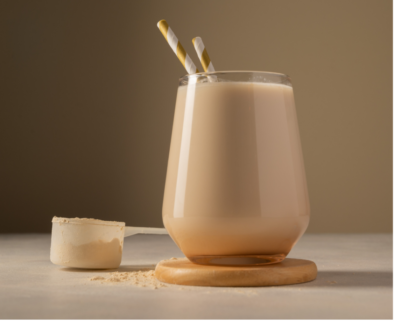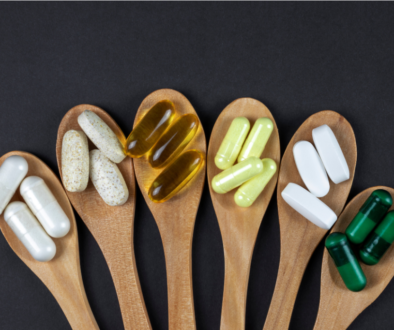Are Carbs ‘Bad’?
Carbohydrates (carbs for short) are composed of carbon, oxygen, and hydrogen. They are one of the 3 macro nutrients (along with protein and fat). Are they bad? Short answer: No
No food, or food group, is inherently “good” or “bad.” There are foods that move you closer to your goals and food that don’t. And even then, it’s situation dependent. And every person is unique.
Carbs have a bad rap because people are associating carbs with processed foods: cake, pasta, cookies, bread, etc. But vegetables are carbs too!
We started demonizing carbs after we demonized fat in the 90’s (remember Snack Wells?). Adding sugar to replace the fat lead to obesity and healthy issues so the pendulum swung the other way. Enter the Adkins Diet. That diet was full of fat and protein and carbs were the bad guy.
I repeatedly heard people claiming that cutting out all carbs worked because they lost weight. But then they gained it all back plus more. That’s not my definition of ‘worked’! The problem was, those highly restrictive diets are not sustainable.
The pendulum keeps swinging: we have paleo diets that became paleo-ish; keto diets became keto-light, and other popular diets “allowing” more foods like sweet potatoes because, basically, we need Carbohydrates. But the myths that carbs are bad or make you fat still linger.
Let’s look at some facts:
Carbohydrates are broken down into glucose. In animals, including humans, glucose is stored as glycogen in the liver and muscles. In plants, it’s stored as starch.
If you consume more carbs than can be stored in muscle and liver, they will be converted to fat for storage. This is one of the benefits of having more lean muscles tissue: the more muscle you have, the more storage space you have, and less carbs that get converted to fat.
At rest, you burn mostly fat for energy. Except for you brain! Your brain must have glucose, it cannot run on fat. When you workout you’re burning a mix of fat and carbs. The harder you work, the more carbs are providing the energy. A short, intense sprint or a heavy set of 3-5 repetitions, for example, is when you’re burning mostly carbs for energy. So you need carbs pre-workout (like filling up your gas tank before a road trip) and you need carbs post-workout to replenish (like refilling your gas tank when you get home so you can get to work the next day). Your carb-heaviest meals will be pre- and post-workout, which is perfect because you want to take in a bit more calories on your heavy workout days.
We get carbohydrates from simple and complex sources. You’ve probably heard that complex carbs are good for you. These are from plant sources: grains, rice, nuts, seeds, legumes, beans, vegetables, potatoes, soy. Simple carbs are from fruit, honey, high fructose corn syrup, and dairy. Anything that ends with -ose is sugar.
Fructose, in fruit, honey, and high fructose corn syrup (HFCS), must be converted to glucose by the liver. If the liver gets overloaded, it converts the fructose directly to fat. The fat will go into your blood stream and raise your triglycerides. HFCS overloads the liver because it’s so concentrated: 20oz of soda has as much fructose as 5 bananas!
Glucose in the blood is about 25g (100kcal). Liver glycogen can maintain this for 4 hours. Muscles store about 2000kcal worth of glycogen. The local muscles glycogen is used first when you’re exercising: when you’re working your shoulders, you’re using the glycogen in your shoulders muscles. Your liver glycogen kicks in when muscles glycogen is depleted. The liver holds about 450kcals of glycogen. Together the muscles and liver can sustain you for about a 20-mile run (almost a marathon!).
When you eat, the hormone insulin is released. Insulin is like a key that unlocks the cells to get the sugar into your cells and out of your blood. High blood sugar can be life threatening. Insulin is a storage hormone. That’s why one of the side effects of insulin therapy is weight gain. So when you eat high-glycemic foods, your blood sugar goes up, your insulin spikes, and then you get the inevitable “crash” that causes cravings.
How much do you need?
The brain alone needs about 130g of carbohydrates daily.
The World Health Organization recommends that no more that 10% of your total calories comes from all sugar (added and natural). That’s 200kcal based on a 2000kcal diet (12tsp or 50g). That’s roughly 2 servings of fruit.
If weight loss is your goal, studies have shown that low carb OR low fat diets work. So ultimately, total carb intake will be unique to you and your body’s needs.



